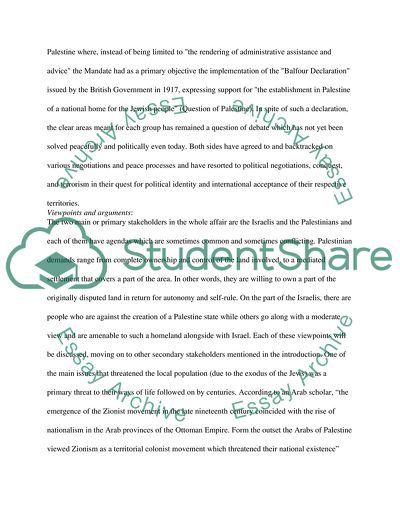Cite this document
(Palestinian Homeland; will it really make a difference Research Paper, n.d.)
Palestinian Homeland; will it really make a difference Research Paper. https://studentshare.org/politics/1728820-palestinian-homeland-will-it-really-make-a-difference
Palestinian Homeland; will it really make a difference Research Paper. https://studentshare.org/politics/1728820-palestinian-homeland-will-it-really-make-a-difference
(Palestinian Homeland; Will It Really Make a Difference Research Paper)
Palestinian Homeland; Will It Really Make a Difference Research Paper. https://studentshare.org/politics/1728820-palestinian-homeland-will-it-really-make-a-difference.
Palestinian Homeland; Will It Really Make a Difference Research Paper. https://studentshare.org/politics/1728820-palestinian-homeland-will-it-really-make-a-difference.
“Palestinian Homeland; Will It Really Make a Difference Research Paper”. https://studentshare.org/politics/1728820-palestinian-homeland-will-it-really-make-a-difference.


